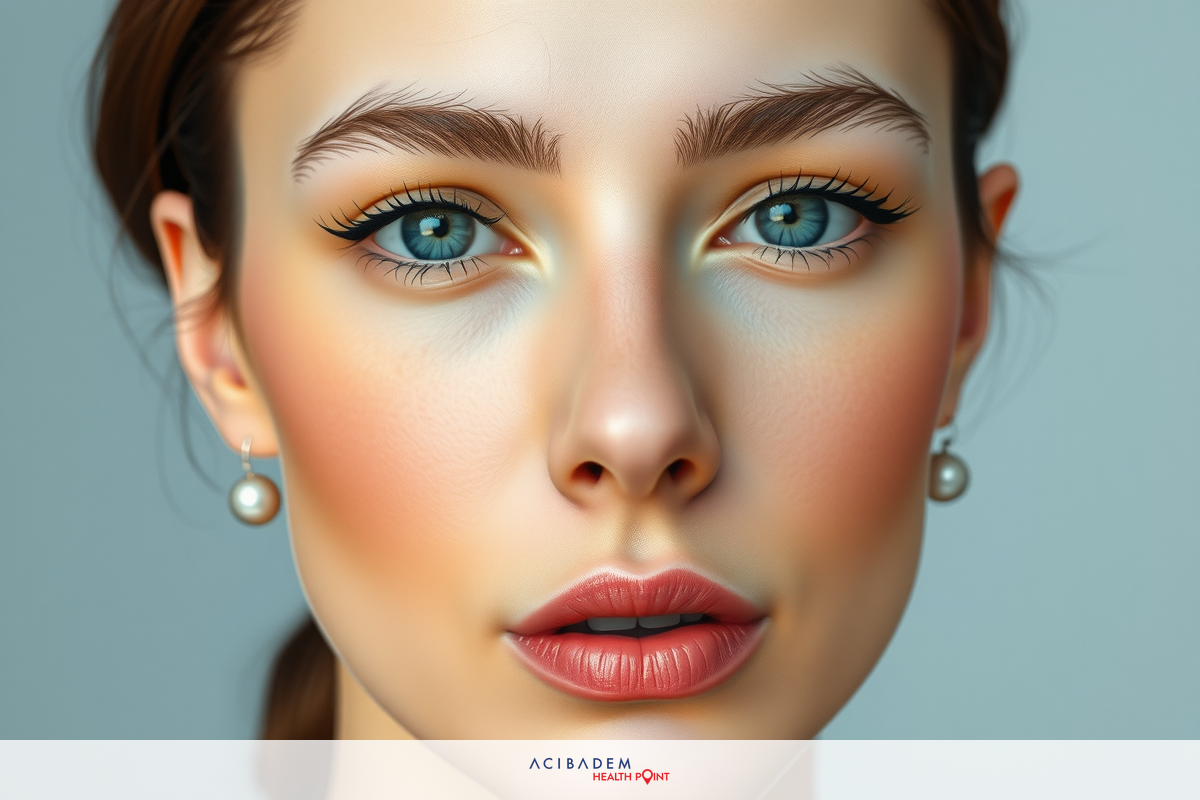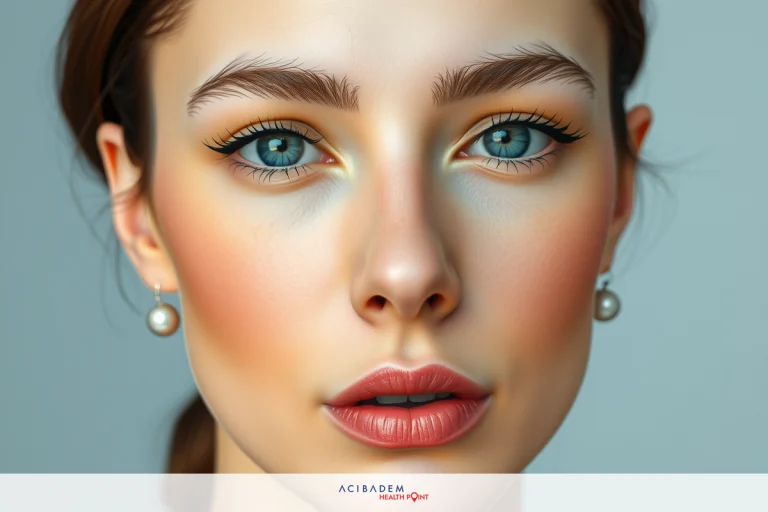Will My Nose Change After Jaw Surgery?
Will My Nose Change After Jaw Surgery? Jaw surgery is frequently undertaken to address functional concerns, enhance facial symmetry, or achieve both objectives. Some patients may inquire whether this surgical intervention will also result in alterations to the aesthetics of their nose.
Understanding the possibility of nasal changes post-jaw surgery is essential for setting realistic expectations and preparing for the recovery process. This article seeks to offer precise and comprehensive information regarding the potential impact of jaw surgery on the appearance of your nose. It outlines the factors that could contribute to changes in the nasal structure and offers insight into common concerns surrounding this topic.
Nose Changes and Facial Harmony
Jaw surgery can indeed lead to subtle changes in the appearance of your nose. This is especially true for lower jaw surgery, or mandibular osteotomy, where the position of the lower jaw is altered. The upper jaw is connected to the base of the nose; hence, any modification to its position could potentially impact the shape or position of the nose. It’s important to note that these changes are often minor and may not be noticeable to others.
The concept of facial harmony is central to any form of reconstructive or aesthetic surgery. This term refers to the balance between various facial features. When one feature, such as the jaw, is surgically altered, it can affect this balance and indirectly cause changes in other areas, like the nose. However, these transformations are usually aimed at improving overall facial harmony rather than disrupting it.
It’s crucial to have a thorough discussion with your surgeon about your specific case. Every person’s anatomy is unique, and the degree of potential nose change can vary greatly from patient to patient. Remember that while some change is possible, the primary focus of jaw surgery is not on transforming the nose but on correcting functional issues and enhancing overall facial balance and harmony. Therefore, any changes in your nose should ideally contribute towards creating a more harmonious facial profile post-surgery.

Factors Influencing Nose Changes
Various factors can influence whether and how your nose might change after jaw surgery. One of the main factors is the type of surgery. Upper jaw surgery, or maxillary osteotomy, can lead to more noticeable changes compared to lower jaw surgery due to the anatomical connection between the upper jaw and the base of the nose. If both jaws are operated on, which is often the case in corrective jaw surgeries, there may be a more significant impact on the nose’s appearance.
The extent and direction of jaw movement during surgery also play a crucial role in determining potential nose changes. For example, if the upper jaw is moved forward significantly, it can make the nose appear smaller or more upturned. Conversely, moving the upper jaw backward could make the nose seem larger or more prominent. However, these changes are generally subtle and enhance rather than detract from overall facial harmony.
Lastly, individual variations in anatomy and healing processes can contribute to post-surgery changes in the nose. Every person heals differently, and this healing process can sometimes result in unexpected changes. Importantly, it’s also worth considering that our perception of our features can change after surgery, even if
there’s no actual physical transformation. This is why it’s essential to have open conversations with your surgeon about your expectations and any concerns you may have before undergoing jaw surgery.
Will My Nose Change After Jaw Surgery?: Addressing Common Concerns
Will my nose change significantly after jaw surgery?
While it is possible for your nose to undergo some changes after jaw surgery, they are typically subtle and aimed at improving overall facial harmony. The primary focus of jaw surgery is not on transforming the nose but rather on correcting functional issues and enhancing the balance of facial features.
How soon can I expect to see any potential changes in my nose after jaw surgery?
Swelling and bruising are common after jaw surgery, and they can temporarily affect the appearance of your nose. It's important to keep in mind that these changes are usually temporary and resolve as the healing process progresses. You may start noticing more stable and accurate results within a few weeks to a few months after your surgery.
Can jaw surgery make my nose look smaller or larger?
The impact of jaw surgery on the size and shape of your nose depends on various factors, including the type of surgery performed and the direction of jaw movement. Moving the upper jaw forward can sometimes create an illusion of a smaller or more upturned nose, while moving it backward might give the impression of a larger or more prominent nose. However, these changes are generally subtle and aim to enhance overall facial harmony.
Are nose changes permanent after jaw surgery?
In most cases, any changes that occur in your nose following jaw surgery are permanent. However, it's essential to remember that our perception of our features can also change after surgery, even if there is no physical transformation. It's crucial to have open discussions with your surgeon about your expectations and concerns before undergoing jaw surgery to ensure you have a clear understanding of potential outcomes.
Can I undergo rhinoplasty at the same time as jaw surgery to further enhance my nose's appearance?
Combining rhinoplasty with jaw surgery is a possibility in some cases, but it's important to discuss this option with your surgeon and consider factors like overall health, recovery time, and individual goals. Your surgeon will be able to provide personalized advice based on your specific needs and help determine if simultaneous procedures are appropriate for you.









